[This is the second part of a nine-part series. To read more, see Part 1 here.]
The second part of this series focuses on a dominant political force in Syria: Hay’at Tahrir al-Sham (HTS). In Arabic, the acronym HTS signifies a powerful entity that is currently shaping the nation’s dynamics in Syria. To understand its significance, we must explore the historical and geopolitical context of its name. The term Sham, used in reference to the group’s identity, goes beyond modern-day Syria, as it encompasses a broader historical region that includes Lebanon, Israel, the West Bank and Jordan. This region, historically referred to as the Levant, is central to the identity crisis that has long plagued Syria.
The absence of Syria in the group’s name is no coincidence. The political identity of Syria has always been contentious, marked by its struggle to define its collective identity. For a group like HTS to adopt a term that refers to a larger, more expansive geopolitical entity rather than the current-day state of Syria indicates the ongoing challenges that surround Syria’s national identity. This absence illuminates a deeper issue: What is Syria’s true identity? Who are the Syrians? This question of identity has plagued the state for decades, leading to the political and cultural fragmentation we see today.
HTS and its radical jihadist roots
HTS grew out of another group called Jabhat al-Nusra (“The Front of Victory”). It is not an isolated entity but part of a broader global jihadist movement. Its founder, Abu Muhammad al-Julani (now Ahmed al-Sharaa), was previously involved with the al-Qaeda terror organization; his ties to jihadist ideology are well-documented.
While there are distinctions between different jihadist organizations, the ideological core often remains similar: Salafist jihadism. I find that the specific organizational structures and doctrinal differences between these groups don’t matter when discussing their broader political implications in Syria. Groups like HTS, al-Qaeda and ISIS may differ in tactics or governance, but they share a fundamental jihadist agenda rooted in a strict interpretation of Sunni Islam. This connection allows them to operate within a shared ideological space, irrespective of their political or organizational differences.
Julani’s relationship with Ibn Taymiyyah (1263–1328), a significant figure in radical Islamic thought, highlights another critical aspect of HTS’s religious roots. Taymiyyah’s influence on jihadist movements cannot be overstated. His infamous fatwa declaring the Alawites — the sect to which deposed Syrian President Bashar al-Assad belongs — as “worse than infidels” is particularly relevant in understanding the tensions in Syria today.
This view, espoused by Julani and other radical Sunni leaders, has fueled violence and conflict, especially between Sunni jihadist groups and Syria’s Alawite community. The hatred and violence toward Alawites, fueled by this doctrine, have led to reports of executions and destruction, particularly in areas like Latakia. Despite Julani’s recent statements attempting to soften his image and distance himself from his radical past, his actions and the ideology of HTS still bear the marks of the radical jihadist worldview.
Turkey’s influence and the regional dynamics
Turkey is emerging as a dominant force in Syria after the fall of the Assad regime. The nation has long been interested in the fate of northern Syria, with particular interest in areas like Aleppo. This interest dates back to the Ottoman era and continued even after the fall of the Ottoman Empire. The geopolitical significance of these regions is rooted in both historical claims and current security concerns.
Turkey’s position on Syria is shaped by several factors: the millions of Syrian refugees residing in Turkey, the Kurdish issue and the broader Sunni–Shia divide. Turkish President Recep Tayyip Erdoğan’s preference for a Sunni-dominated Syria aligns with Turkey’s historical and ideological stance.
The Turkish government also has significant concerns about the Alawite community, especially since a sizable Alawite population resides in Turkey, particularly in the Alexandretta area that once was part of Syria. These historical and demographic factors make the Alawite question crucial to Turkey’s approach to Syria.
Moreover, while Erdoğan’s rhetoric supports radical Islam in some respects, I doubt he would tolerate a completely unregulated jihadist group like HTS on his borders; that could destabilize the region further. Turkey’s interests in Syria are complex, and while it has supported groups like HTS, its long-term goal is to ensure a stable, Sunni-dominated Syria.
The next steps in this evolving conflict will reveal whether Julani’s purported moderation is genuine or if the ideological and political fractures within Syria will continue to fuel instability.
[Shreya Verma and Lee Thompson-Kolar edited this piece.]
The views expressed in this article/video are the author’s own and do not necessarily reflect Fair Observer’s editorial policy.



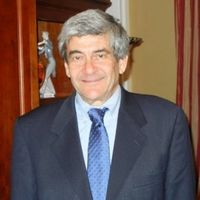
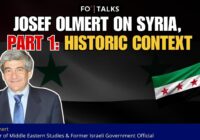


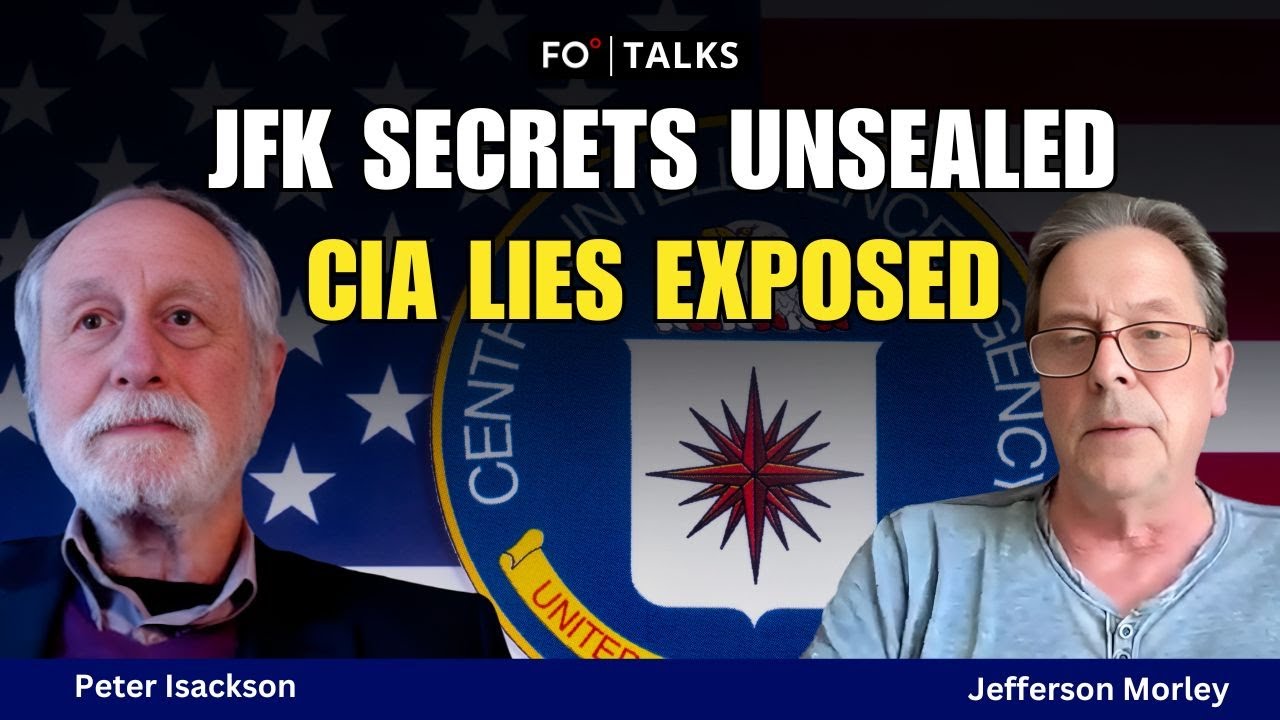





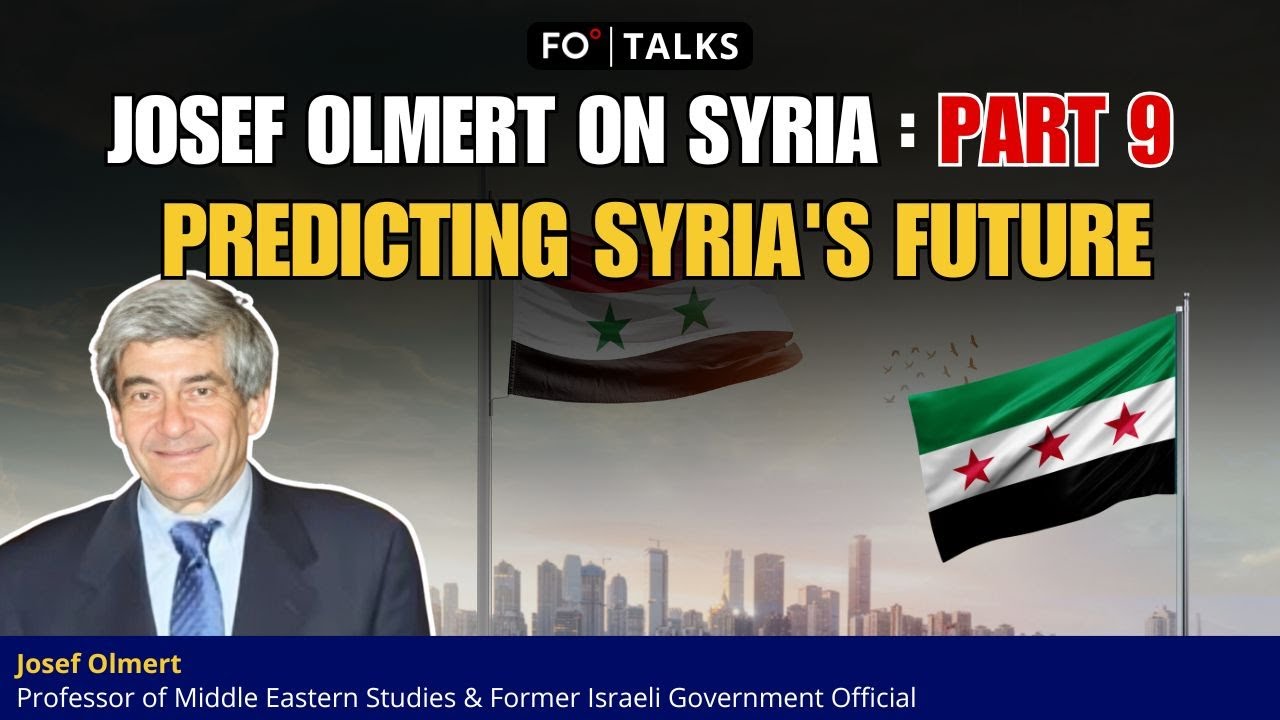



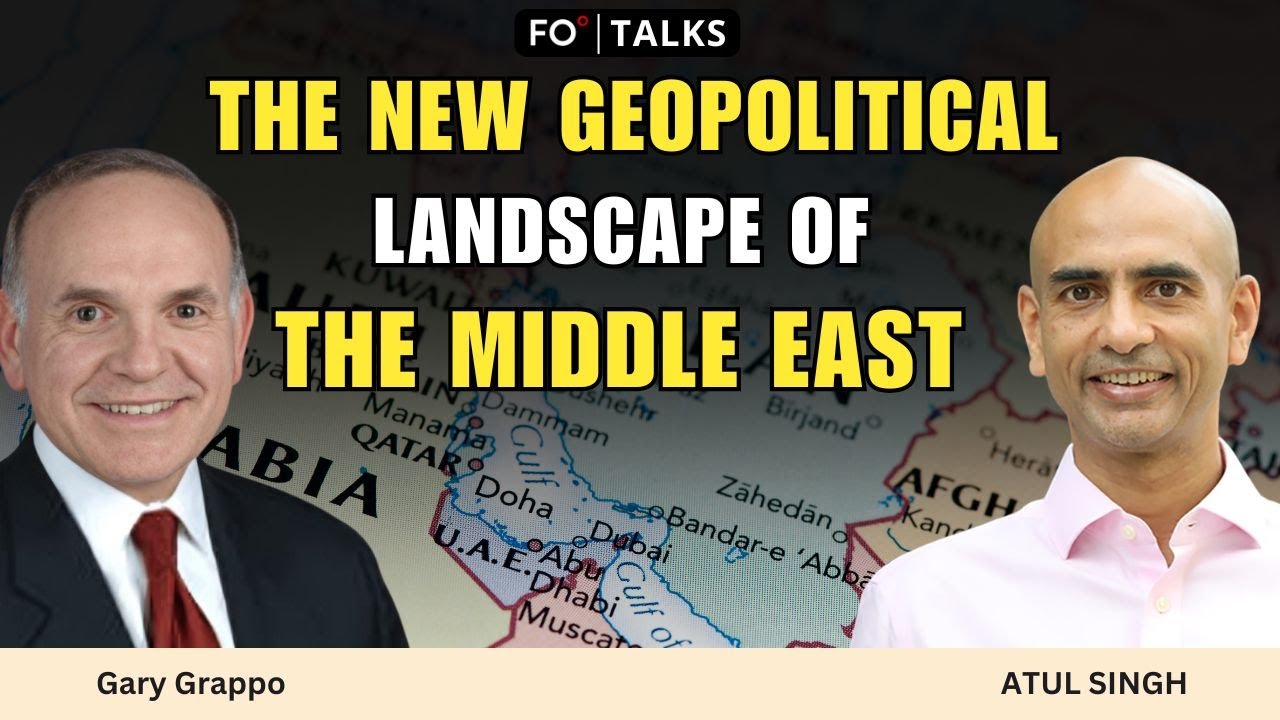





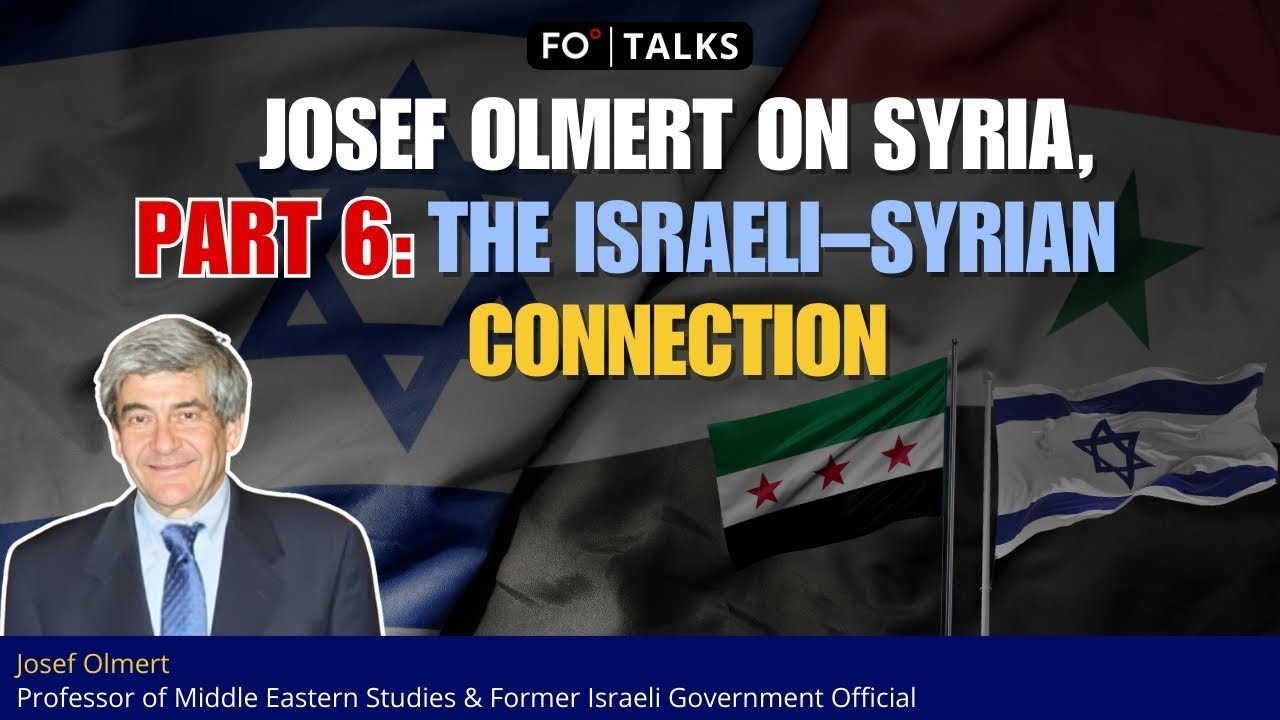



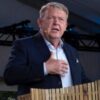
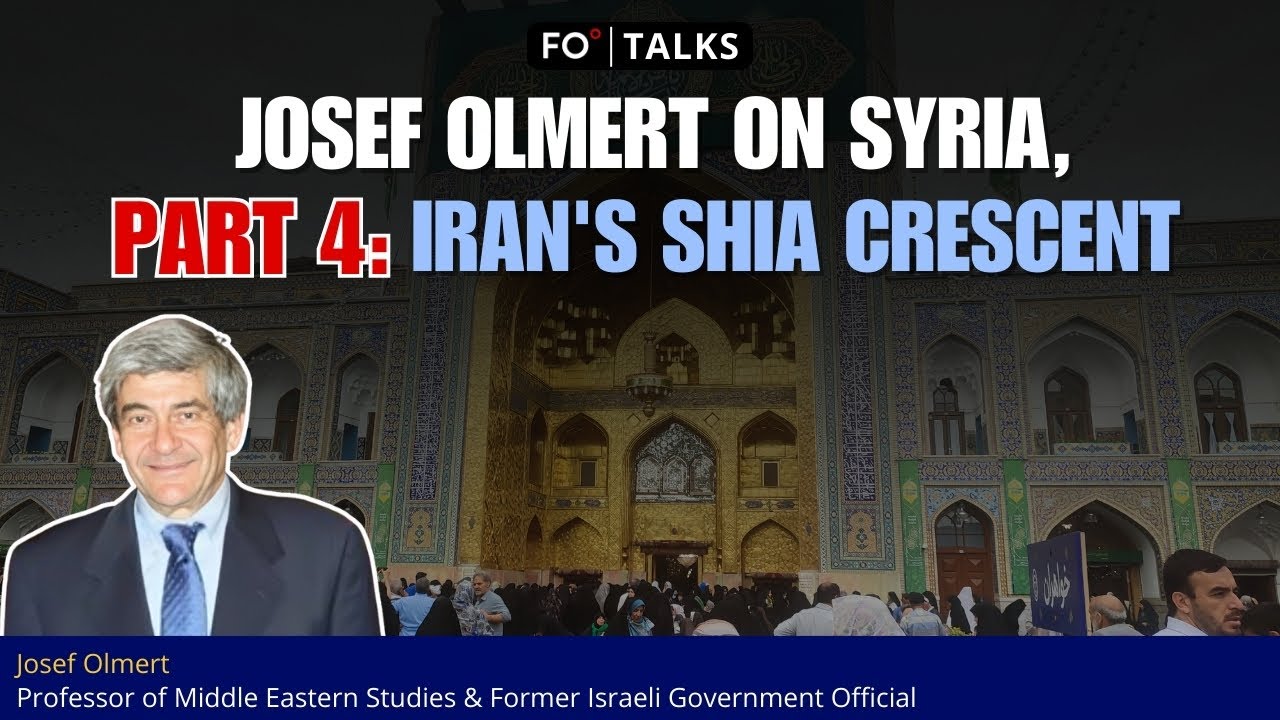








Comment